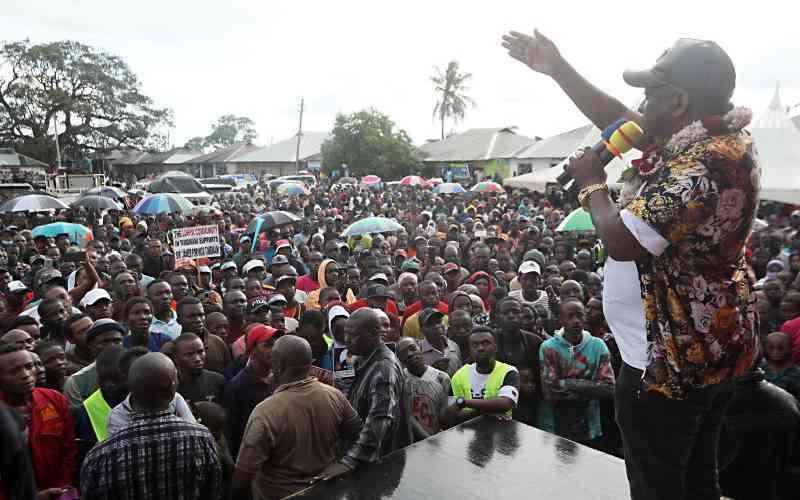×
The Standard e-Paper
Fearless, Trusted News

The Supreme Court is today set to hear an application by former Nairobi Governor Mike Sonko, seeking a review of the court’s decision which dismissed his December 2020 impeachment case.
In its verdict, delivered on July 15, the court reversed the reprieve the High Court had given Sonko only two days earlier, when it ordered the electoral commission to return his name on the ballot in the race for Mombasa governor seat.